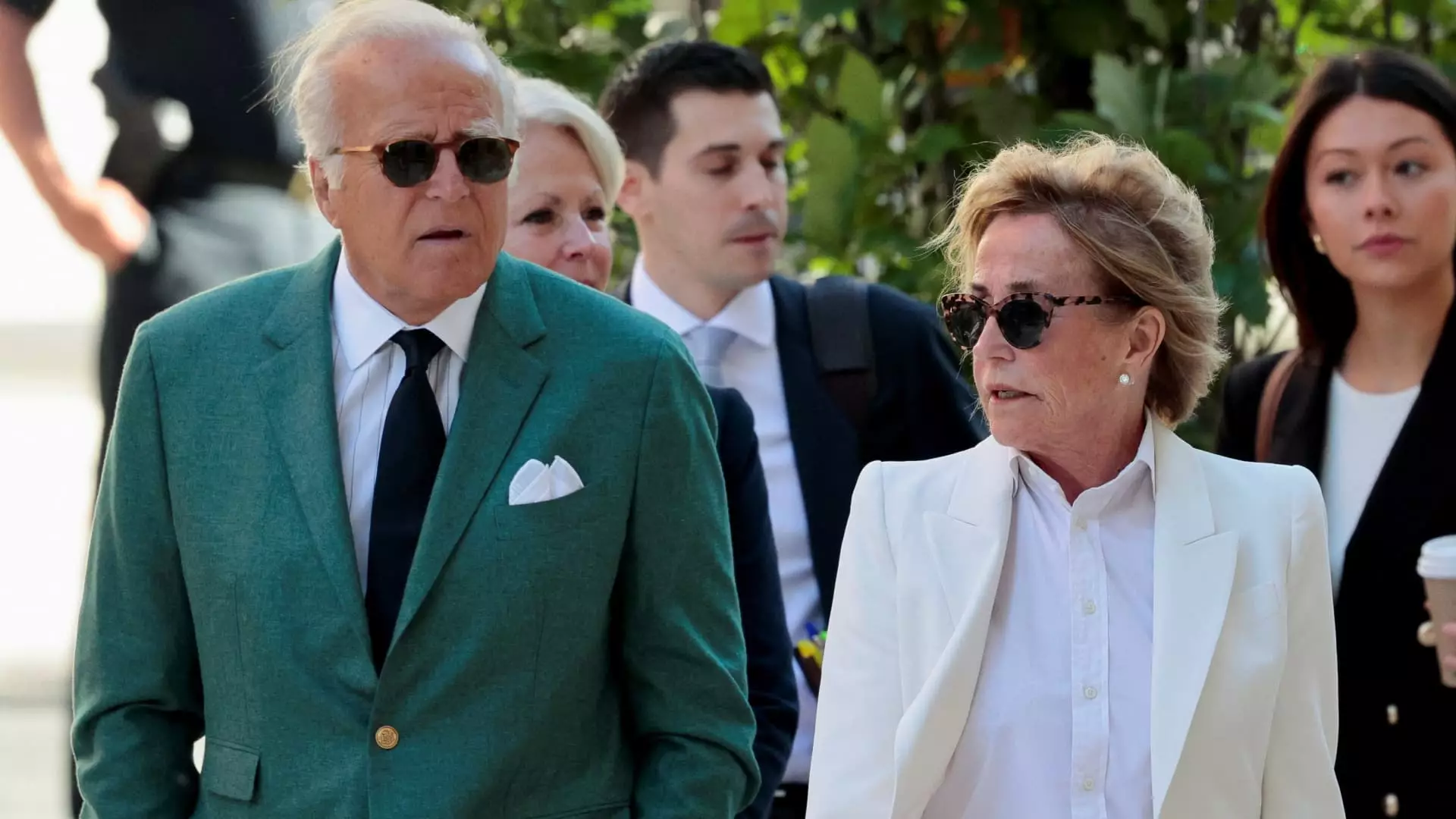In a bold move that has sparked discussions across the political spectrum, President Joe Biden issued preemptive pardons to members of his family and select associates just moments before Donald Trump was inaugurated as President. The pardons were framed as necessary measures against what Biden described as “baseless and politically motivated investigations” targeting his family, a statement that raises important questions about the intersection of politics, justice, and family loyalty.
Pardons are often seen as tools of mercy and justice, allowing leaders to correct perceived legal wrongs. However, in this instance, the preemptive nature of the pardons given by Biden speaks to the unique and highly charged political environment in which we find ourselves. By executing these pardons in tandem with Trump’s swearing-in, Biden has set a tone that reveals deep-seated fears over potential political retribution. This act of issuing pardons, therefore, transforms from a mere legal action to a profoundly symbolic gesture that defends the integrity of his family against what he perceives as politically motivated acts of aggression.
Biden’s decision to pardon family members—his brothers James and Francis, his sister Valerie, and their spouses—alongside other significant figures, including renowned public health official Dr. Anthony Fauci, marks a significant precedent. The act appears to be an attempt to signal to his critics and adversaries that he will not tolerate attacks on his family, regardless of their legitimacy.
The political implications of issuing such pardons are manifold. By highlighting his family’s experience with “unrelenting attacks,” Biden is not only standing up for his kin but also drawing attention to a broader issue within the current political scholarship: the weaponization of investigative powers. His remarks emphasize how these investigations, even when ultimately unfounded, can inflict irreversible harm on an individual’s life. Biden’s assertion mirrors sentiments expressed in past political scandals, highlighting a growing concern among politicians that the mechanisms of justice can be misused to serve narrow partisan interests.
The choice to include notable individuals, such as the former chairman of the Kentucky Democratic Party, Gerald Lundergan, further complicates the narrative. It suggests a broader defense of the Democratic establishment amidst what Biden perceives as a coordinated effort to undermine the party’s integrity. This presents a potentially dangerous precedent—by blurring the lines between personal and political pardons, Biden risks setting a standard where all future presidents may feel compelled to issue pardons not solely on the basis of justice but as a form of familial or political alliance.
While the pardons may appear to provide a shield for Biden’s family and associates, they also invite scrutiny regarding accountability. Biden emphasized that the pardons should not be interpreted as an acknowledgment of wrongdoing, yet the act itself raises critical questions around the concept of accountability in politics. The public may find it difficult to reconcile Biden’s insistence on the integrity of the legal process with the preemptive protection of individuals who may have been involved in controversial activities.
Furthermore, the pardons send a mixed message about Biden’s commitment to the rule of law. His administration often champions transparency and accountability, yet the act of pardoning can simultaneously signal an intent to circumvent possible legal ramifications for those in his circle. This juxtaposition could foster skepticism among voters, who may question the sincerity of his statements regarding ethical governance.
President Biden’s issuance of preemptive pardons serves as a critical moment in his administration, illustrating the intricacies of familial loyalty juxtaposed with political survival. As we continue to navigate a highly polarized political landscape, these actions may define Biden’s legacy—one that balances the need to protect family and allies against the pressing demand for accountability in governance. Whether these pardons will effectively shield those involved from political retribution remains to be seen, but they undoubtedly reflect the broad themes of fear, protection, and the often murky waters of partisan politics.


Leave a Reply